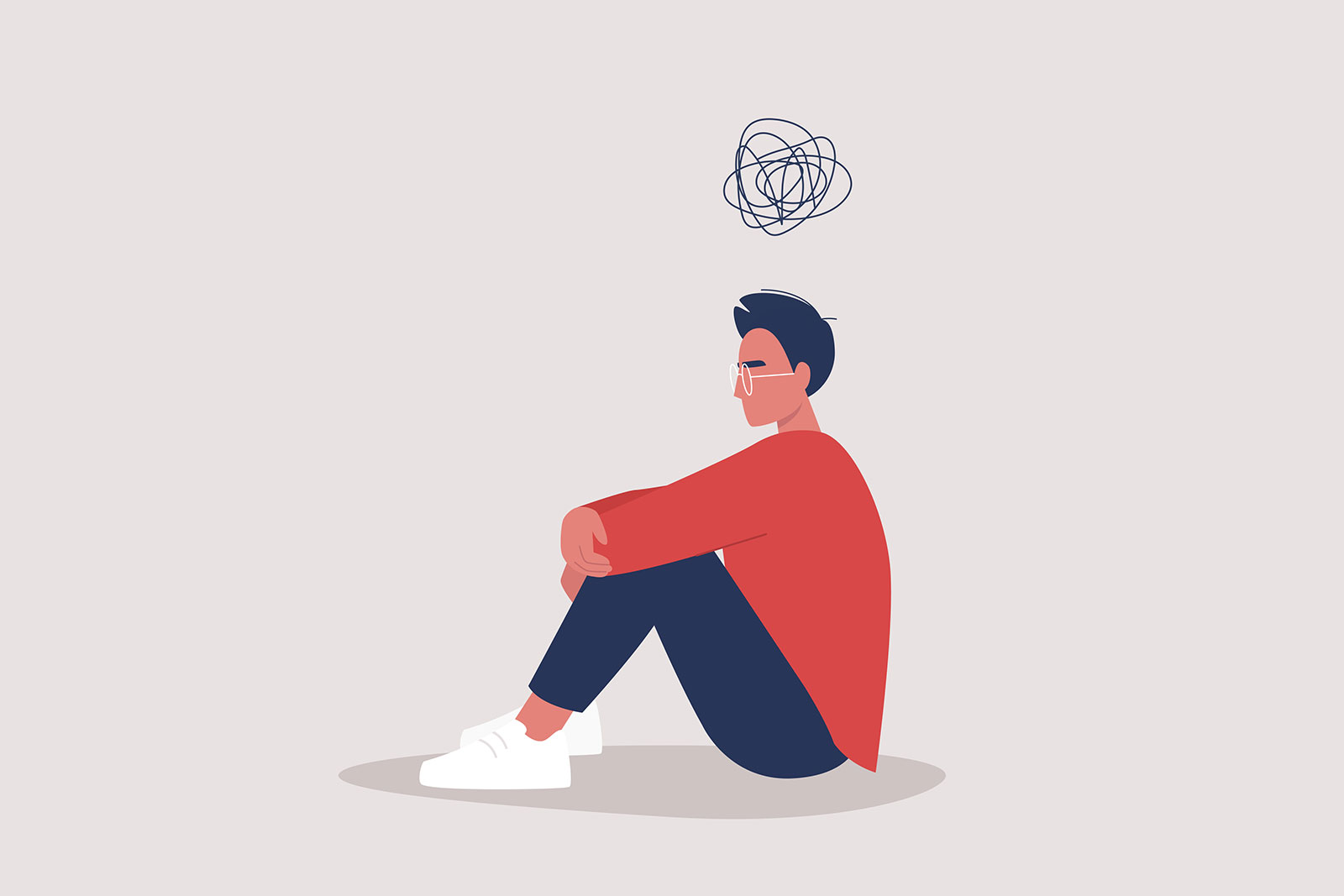Do the men you love visit the doctor as often as they should? Do you? If the answer is “no,” you’re not alone—but the reasons behind this are complex.
One insidious factor that complicates the relationship between men and medical care is deeply personal and difficult to measure, yet is still apparent enough to be cause for concern: the rules of masculinity, and their impact on men’s attitude toward medical care.
Masculinity is a culturally constructed set of “ideal” beliefs and behaviors associated with being a man. It rewards stoicism and extreme self-reliance. This messaging begins young, coming from boys’ families at home, their friends at school and the media they consume. They’re implicitly and explicitly discouraged from expressing themselves. They’re socialized to believe that seeking help indicates weakness. They’re told to “man up” and “grow a pair.”
But what happens when manning up leads to catching something too late?
To address this phenomenon, the Cleveland Clinic has run its annual “MENtion It” campaign since 2015. The initiative encourages honest conversations about the barriers that stop men from seeking medical care.
In its 2019 national survey of 1,174 adult men, the Cleveland Clinic found worrying results: Around 50 percent of respondents didn’t consider annual checkups to be a routine part of self-care, and two-thirds of men said they avoid doctor visits for as long as possible—even if they’re symptomatic. A startling 41 percent were told as children that men don’t complain about health issues.
Although cancer is the second leading cause of death in men, over half of them don’t know how to self-screen for testicular cancer, according to a ValuePenguin survey. Furthermore, in a 2021 survey conducted by Aflac, six percent of 1,000 men surveyed expressed that going to the doctor makes them feel less masculine.
Those who have faced a cancer diagnosis understand the dangers of these trends.
While six percent may seem small, put it into human perspective. That’s 60 men with 60 families—countless people who love and depend on them. These are sixty families who might endure insurmountable grief if our current definition of masculinity does not evolve to view seeking preventative care as a sign of strength.
To be fair, regular doctor visits aren’t as easy as they could be. Medical care is expensive, even with insurance. Our lives are increasingly busy, scheduling is difficult and the pandemic has impacted our relationship with leaving the house. Even more, certain marginalized groups may have experienced some form of discrimination from providers previously, adding an additional layer of apprehension.
During a 2016 study, researchers at Rutgers University discovered another troubling pattern. They found that participants who scored higher on the masculinity scale also held negative beliefs about female competence and were more likely to choose male doctors.
What would our society look like if we redefined "being a man" to include honesty, vulnerability and a vested interest in crucial self-care?
Interestingly, these participants consistently reported fewer symptoms to their preferred male doctors and were more honest with female doctors. The studies suggested that “masculinity may affect men’s health by encouraging choice of a male doctor with whom doctor-patient communication may be impaired.”
While this problem remains largely under-researched, it’s steadily gaining attention from medical professionals.
As Dr. Carissa F. Etienne, director of the Pan American Health Organization and regional director for the Americas of the World Health Organization, has stated, “Men’s risk-taking behaviors and their underutilization of health services are strongly linked to gender differences and predominant norms of masculinity—what it means to be a ‘man.’”
She expresses the need for action and a holistic solution: “Promoting a more diverse understanding of what it is to be a man and addressing how these beliefs influence health can also address the often negative relationship between masculinity and other structural drivers of health.”
What would our society look like if we redefined “being a man” to include honesty, vulnerability and a vested interest in crucial self-care? What if we went even further, eliminating all hurdles to access until seeing a doctor was as routine as brewing your morning cup of coffee?
Because masculinity is defined on a broad scale, we have the opportunity to influence it on a broad scale. Even if you’re not a man, you can still contribute to the conversation. In fact, a large number of participants in both the 2019 “MENtion It” survey and the 2021 Aflac survey said that concern and persistent reminders from trusted women persuades them to make an appointment.
Sometimes pestering saves lives. UCLA Health offers tips for navigating this topic.
- Start with facts: Statistically, men are more prone to certain conditions, like complications from high blood pressure, sudden heart attacks and diabetes
- Cost reminders: Preventative care is far less expensive than diagnostic care; surgeries and extended hospital stays are pricey
- Make it a date: If the realities aren’t convincing enough, try booking appointments on the same day and planning something fun to do together afterward
There’s reason to have hope. Since the COVID-19 pandemic, a growing number of men have utilized digital health services—and they’re being more honest with their providers.
Cleveland Clinic’s 2021 “MENtion It” survey found that 66 percent of all men have used digital health services in the previous year. This pandemic necessity has become a popular alternative for men who feel uncomfortable with face-to-face visits. If digital health services create a better arrangement for men and improve patient-provider communication, that’s one aspect of the “new normal” worth embracing.
Through raising awareness, having tough conversations and leading with loving determination, we’ll uproot the current version of masculinity and plant something better in its place.






